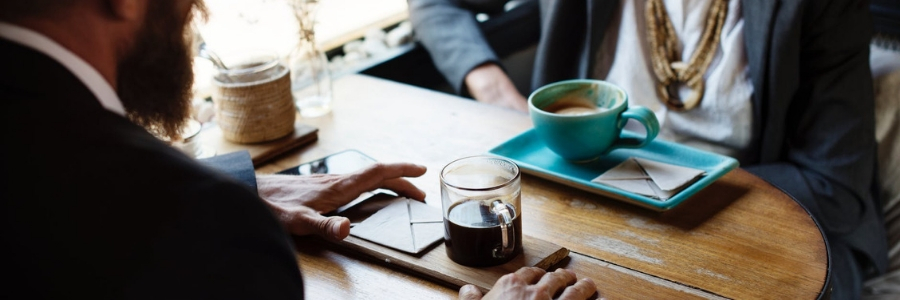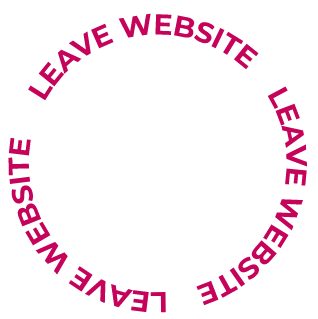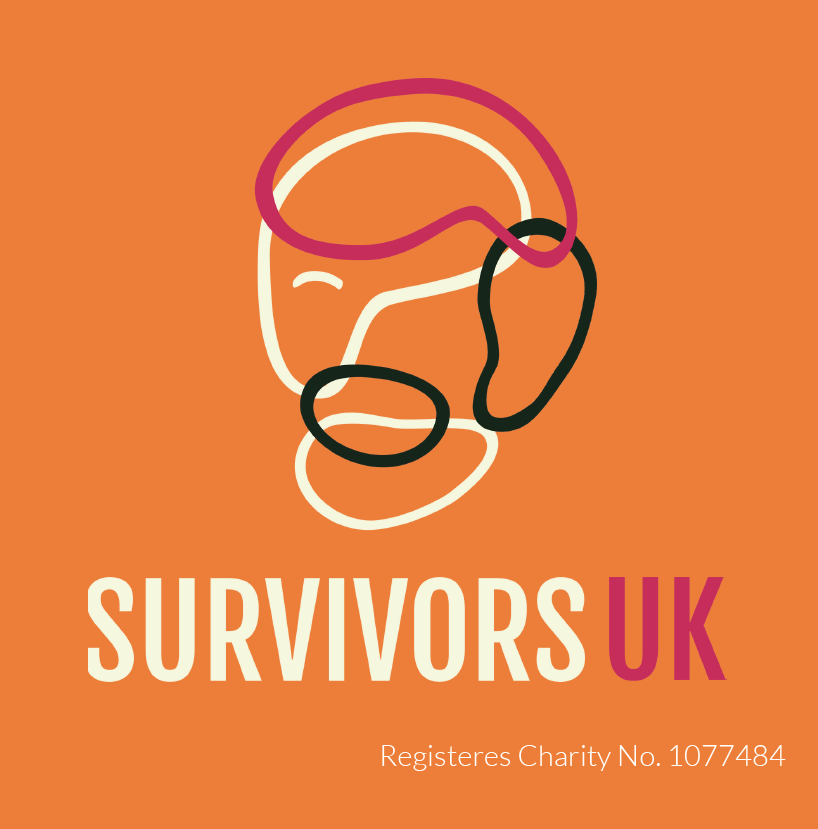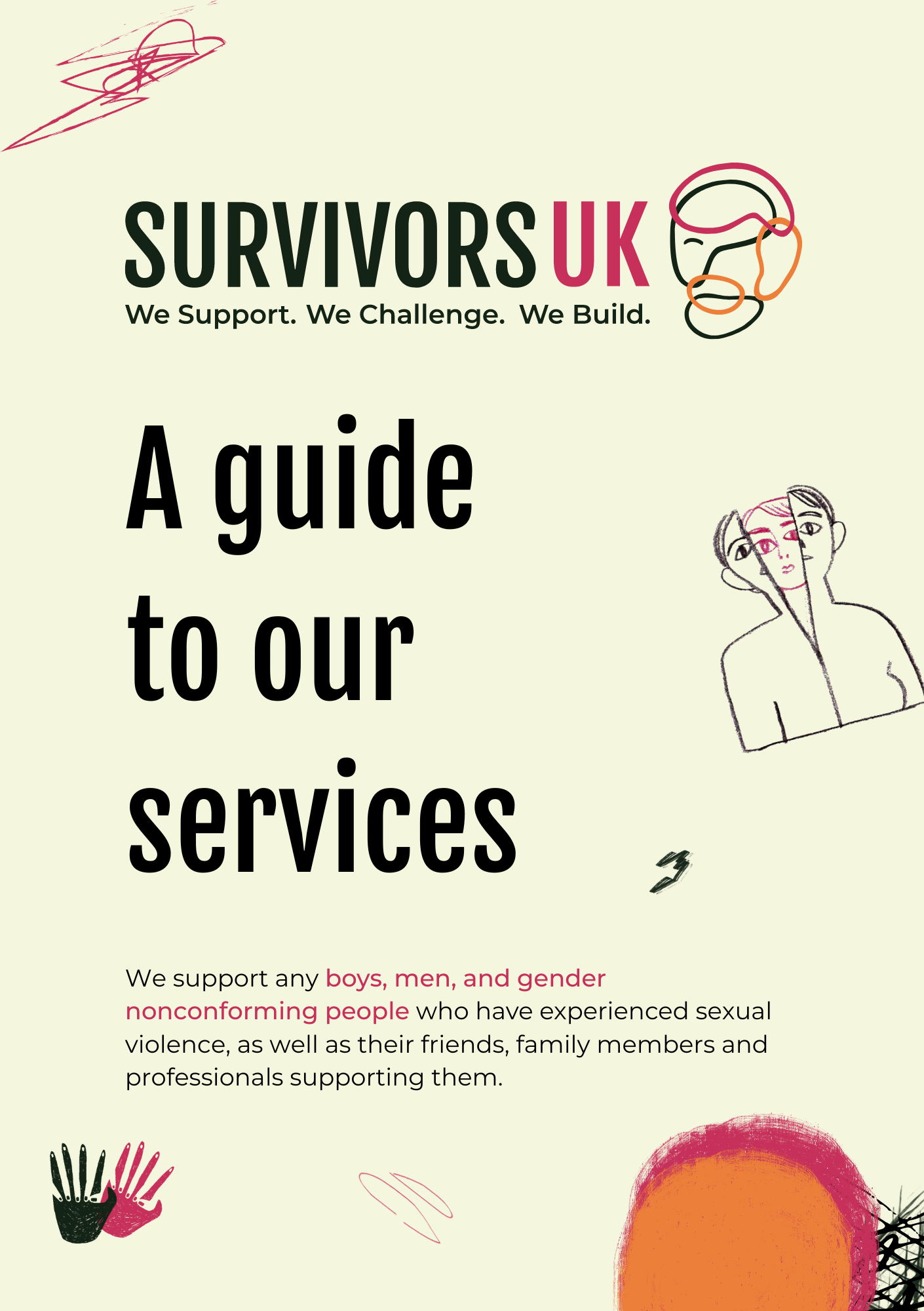
Breaking the silence
Trigger warning: The following piece is about surviving sexual violence. If you think this will be disturbing for you, then you might choose not to read it. Or you might want to read it somewhere that you feel safe and comfortable. If you find that reading is getting unmanageable, STOP, do something calming, and only return to the piece if you feel ready.
‘I mean, is it just me, or is it everywhere at the moment?’ Mark* voices this question ten minutes into our first counselling session, and he sounds pissed off. He glares, arms crossed, perhaps waiting for me to give the ‘wrong’ answer, so he can conclude that this is pointless, and walk out. But, as I meet his gaze, Mark’s body slumps and his eyes fill with tears. He suddenly looks less like a 6’2”, former kickboxer, and more like a scared, confused young boy.
The ‘it’ Mark was talking about is sexual violation, and the answer to his question was both simple and difficult at the same time. It’s simple to acknowledge the prevalence of stories about sexual assault in culture and media, and it was simple to tell Mark he wasn’t alone in noticing them. It was, however, more difficult to touch on the pain Mark felt when each news item pinged on his radar. More difficult to explore how this could hijack his whole day with memories and emotions he couldn’t control. Almost unbearable for Mark to remember that, when he was a teenager, he was raped by the shop manager at his Saturday job. Nearly impossible for him to speak about it for the first time in 30 years.
As Mark began to talk with me, I noticed how much of what he said would start with ‘Is it just me?’ and end with ‘I feel so alone’. Mark was not unusual amongst my clients in feeling surrounded by other people’s accounts of sexual violation – in news headlines, movies, social media campaigns – and yet simultaneously utterly on his own with the impact of being raped.
Increasing coverage of the issue illustrates that sexual violence is a horrifyingly common experience. 1 in 4 adults are subject to childhood sexual abuse prior to the age of 18, and in the UK, 85,000 women and 12,000 men are raped each year. Yet, as a counsellor specialising in sexual trauma, I find that so many of my clients feel isolated in their experience. In what they say, I hear a stark contrast between the volume of public discussion on sexual violation, and the way that those who have experienced it can feel silenced. Shame and fear of judgement often keep people silent in isolation. Those who enact sexual violations communicate to victims that they’re to blame, or that they won’t be believed, and they often make threats, demanding their victims’ silence.
In seeking words to talk about violence, we are confronted with the inadequacy of language to describe experiences that sit somewhere beyond rational comprehension. It can be especially hard if these things happened in childhood, before adult vocabulary had fully developed. A single conversation with someone who listens and understands, can be a transformative experience for a person who has been abused or raped, however sometimes survivors are met with disbelief, minimisation or victim-blaming when they reach out for help. If family, friends, or professionals let people down in this way, it can easily compound the belief that silence is the only option.
So, whilst silence on the topic of sexual violation might be challenged in the public domain, those who have experienced it can still struggle to be heard in their own relationships and communities. It can be hard to foster understanding for yourself as a survivor of abuse or rape, and even harder to do this in isolation. As a counsellor, I have the privilege to be alongside clients in the pain and confusion that sexual violation causes. I also get to hear about the insights and resources that people develop to survive and recover.
Today I’d like to share five things my clients want other survivors to hear, above the noise of the public conversation, and in the silence of private pain.
There’s no right way to recover
Being sexually violated takes away your control, so in recovering, it’s really important that you get to choose what happens, and when. Supportive people that you trust to listen, can be an important resource. People who bombard you with ‘advice’ and opinions about your experience might hurt more than help, even if their intentions are good. A therapist, or another professional, can provide non-judgemental support, but take your time to find someone who you can collaborate with, and who you trust enough to tell, ‘no’, if they approach things in a way that doesn’t fit for you.
Other survivors’ stories shared through media, or in person, can help you feel less alone, and might even contain tools you can use, but be cautious about comparing yourself to others and judging your recovery against someone else’s. Learning to tune into what hurts, and what helps you as a unique and whole person, is likely to be more nourishing than conforming to an idea of how to be a model survivor.
Safety first
The impact of sexual violation is experienced differently by everyone. What is common across all human beings, is that our bodies and minds respond to traumatic events in various ways designed to protect us. Physical and psychological reactions to violence come online automatically to aid us in fighting off attack, running away, or (as is often the case with sexual violation) freezing up and dissociating from what’s happening, to minimise physical and mental pain. For lots of people, sexual violence is traumatising and leaves the body and mind’s alarm systems either switched to ‘on’ all the time, or very easily triggered by perceived threats. If you continue to be in danger, or to experience things as if you are in danger, recovery can’t happen.
Your body and brain will simply keep working to protect you, by putting you into fight, flight, or freeze mode. Talking or thinking about what’s happened in a helpful way needs to happen at a time, place and pace that allows you to feel some sense of safety. You need to learn how you can manage things like flashbacks, disassociation and panic if you’re experiencing them, and any professional or self-help you’re engaging with should support you in this before, alongside (or maybe even instead of) reflecting on your experience of traumatic events.
Talking about it doesn’t automatically help
Reaching out for help is a critical part of recovering from sexual violence for many people, however the assumption that you ‘have to talk about it’ to find a way forward is rarely helpful. Talking can be actively unhelpful if you feel forced, unsafe or not listened to. Sharing your memories of sexual violation may help you, but a giant myth to bust is that this brings instant relief for everyone. It’s also important to know that some people recover through speaking about the impact of rape or abuse, without talking through the details of what happened.
Letting go of ‘getting over it’
‘Getting over it’ seems to be the phrase I hear most when people are giving themselves a hard time about their response to sexual violation. It appears in sentences like ‘why can’t I just get over this’, ‘I thought I had got over this’ and ‘I should be over this by now’. The process of healing for many of my clients isn’t very well described by the phrase ‘getting over it’, which evokes images of leaping over a hurdle in a single bound. More often, recovery is a non-linear and messy process of learning to live alongside what’s happened.
At some points in life, people might find that their experience of sexual violence is way in the background, at other times it comes to the fore. Recovery is usually about feeling some level of control in how much space your experience of sexual violation takes up for you and having tried and tested ways of looking after yourself in the moments when it is looming large.
Post-traumatic growth
There is growing public discussion about ‘post-traumatic stress disorder’ following sexual abuse or rape. It is just as important to recognise the extraordinary capacity that human beings have to build themselves up from trauma, as stronger people with richer lives. In the later stages of his therapy, my client Mark and I talked about his experience of teaching kickboxing at his local youth centre for 20 years. He shared his belief that the compassion he felt for young people having a tough time grew out of his own experience.
Celebrating the resourceful ways that you have survived, and leaning into your superpowers can be a tough, but rewarding, experience after sexual violation. We can’t change the events of the past, but as a counsellor, I see people like Mark making new meaning out of those events all the time.
* Mark is a composite character, whos’ story features the real lived experiences of different people.
This blog was first published on Surviving Sundays at the following link.
Read additional stories, and find useful resources and peer-to-peer advice on their blog at survivingsundays.com, and like them on social media at @surviving_sundays







